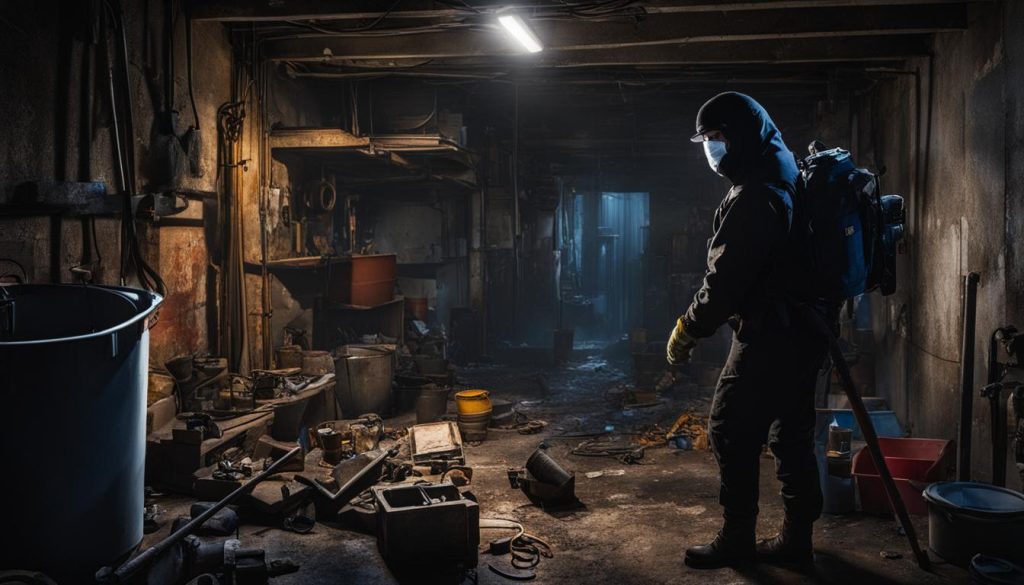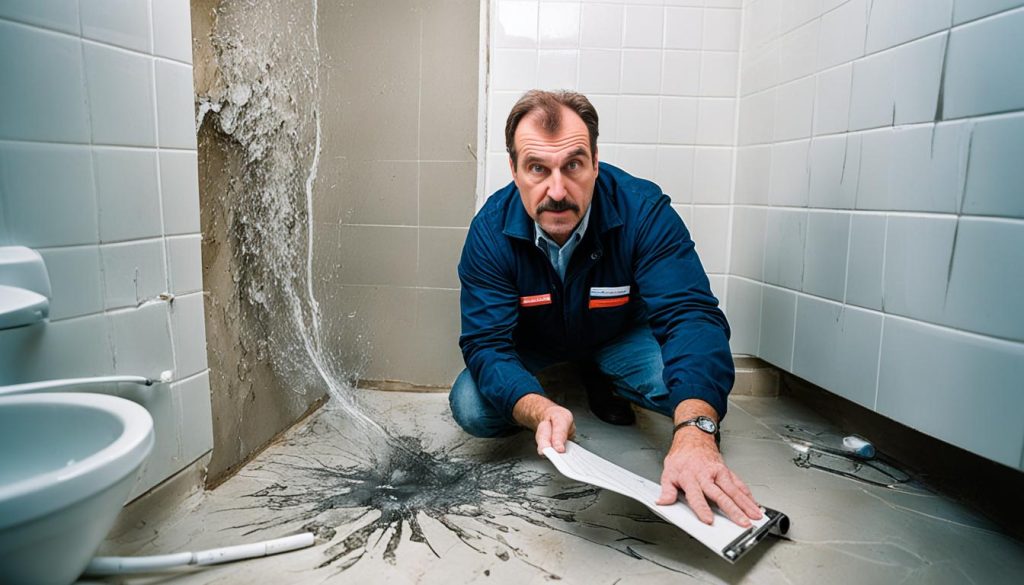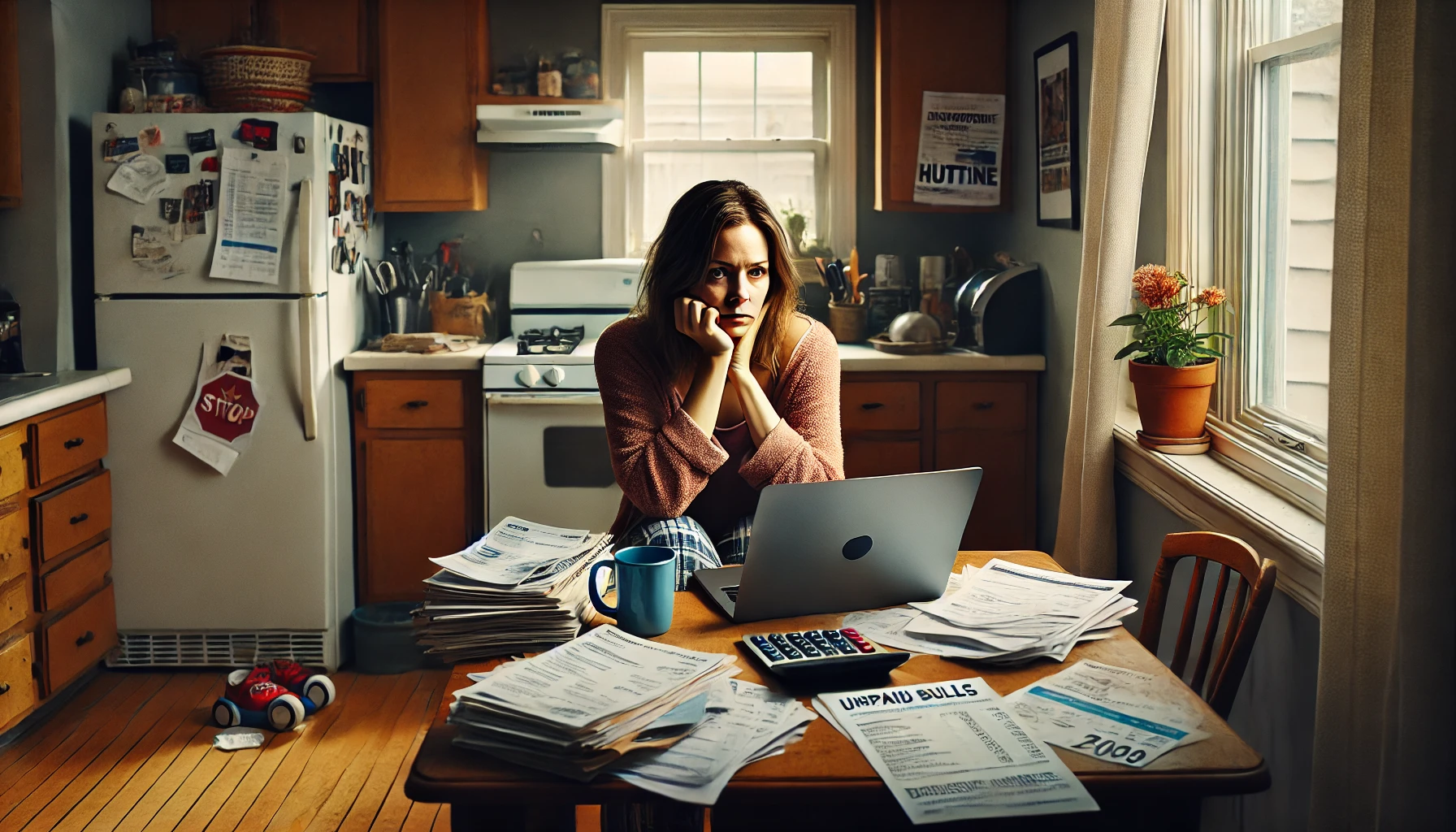Unlicensed Plumbing Tasks in Canada Explained
Did you know that in new construction, almost all plumbing and electrical work in Canada must be done by licensed professionals? It’s a surprising fact that highlights the importance of ensuring proper qualifications and expertise when it comes to plumbing tasks. However, there are exceptions for owner-occupants in certain renovation situations that allow them to take on maintenance work themselves. Let’s explore the regulations surrounding unlicensed plumbing work in Canada and what owner-occupants can and cannot do without a license.
Key Takeaways:
- Unlicensed plumbing work is generally not permitted in new construction, requiring licensed professionals to carry out the tasks.
- Owner-occupants may have some exceptions for performing maintenance work in renovation situations, but regulations can vary across jurisdictions.
- Different municipalities in Canada have different policies regarding unlicensed plumbing work, with some allowing owner-occupants to obtain permits for certain tasks.
- DIY books may provide information on plumbing tasks, but it’s crucial to check the legality of performing those tasks without a license in your area.
- Insurance implications can arise from unlicensed plumbing work, potentially leading to coverage issues in case of damages or accidents.
What Plumbing Work Can Owner-Occupants Do Without a License?
When it comes to renovation projects, it’s important to understand the regulations surrounding plumbing work. While most jurisdictions require licensed professionals for any plumbing tasks hired out, owner-occupants often have some exceptions when it comes to maintenance work. Let’s explore what plumbing work owner-occupants can do without a license.
Owner-occupants may be able to tackle certain plumbing repairs and maintenance tasks themselves, as long as they obtain the necessary permits and adhere to municipal regulations. For example, they can change outlets, switches, and perform minor plumbing repairs without a license, given that they follow the appropriate procedures.
However, it’s essential to note that adding or relocating electrical or plumbing components usually still require the expertise of licensed professionals or permits. This ensures that the work meets safety standards and complies with regulations.
Permitted Plumbing Tasks for Owner-Occupants
To give you a better understanding, here are examples of plumbing tasks that owner-occupants can typically handle without a license:
- Replacing faucets and showerheads
- Fixing minor leaks or drips
- Replacing plumbing fixtures
In such cases, it’s crucial to consult your local municipality or plumbing authority to confirm the specific tasks you can undertake without a license, as regulations may vary depending on your location.
Permits and Compliance
While owner-occupants may have the freedom to perform some plumbing work, it’s important to follow the proper procedures. This typically involves obtaining the necessary permits and ensuring compliance with municipal regulations.
Obtaining permits demonstrates that you are aware of the requirements and are committed to completing the work safely and responsibly. It also ensures that any changes made to plumbing systems are recorded and inspected, contributing to the overall safety and efficiency of your home.
Remember, unlicensed plumbing work can lead to potential risks, including health hazards and property damage. It’s always a good idea to consult with a licensed professional if you are unsure about the complexity of a plumbing task or if it requires specialized knowledge.
https://www.youtube.com/watch?v=oedaAb1T8Wg
| Plumbing Tasks | Owner-Occupants Can Do Without a License |
|---|---|
| Replacing faucets and showerheads | Yes |
| Fixing minor leaks or drips | Yes |
| Replacing plumbing fixtures | Yes |
| Adding or relocating plumbing components | No |
| Modifying drain or vent systems | No |
Municipal Variations in Unlicensed Plumbing Work
When it comes to unlicensed plumbing work, regulations and policies can vary significantly across different municipalities in Canada. It’s important to understand the specific rules in your area before undertaking any unauthorized plumbing services or DIY plumbing projects without a license.
In Vancouver, owner-occupants have a unique opportunity to take courses and obtain permits for minor electrical work. This proactive approach promotes better quality work and ensures that individuals have the necessary knowledge and skills to perform certain plumbing tasks on their own.
On the other hand, in Ontario, owner-occupants are allowed to perform minor electrical work, such as changing outlets and switches, without formal training. However, obtaining a permit is still mandatory, ensuring that the work meets safety standards and is in compliance with municipal regulations.
However, Quebec takes a more conservative approach to unlicensed plumbing work. The province has strict regulations in place, restricting owner-occupants to tasks as simple as changing light bulbs. These limitations may be due to safety concerns raised by the insurance industry.
These variations in regulations and policies highlight the inconsistencies surrounding unlicensed plumbing work across different jurisdictions in Canada. It is crucial to familiarize yourself with the specific rules in your area to ensure compliance and avoid legal issues.
| Municipality | Permitted Unlicensed Plumbing Work |
|---|---|
| Vancouver | Owner-occupants can take courses and obtain permits for minor electrical work. |
| Ontario | Owner-occupants can perform minor electrical work like changing outlets and switches after obtaining a permit. |
| Quebec | Owner-occupants are limited to changing light bulbs. |
It’s essential to stay informed about the specific regulations in your municipality to ensure that any plumbing work you undertake without a license falls within the permissible boundaries.
DIY Books and Unlicensed Plumbing Work
When it comes to tackling plumbing projects or repairs around the house, many homeowners turn to DIY books for guidance. These books provide step-by-step instructions and helpful tips on how to handle various plumbing tasks. However, it’s important to note that the legality of performing these tasks without a license may vary depending on your jurisdiction.
While DIY books can be a valuable resource, it’s essential to understand that some jurisdictions have restrictions on unlicensed individuals performing plumbing work, even if the instructions are provided in a book. In these cases, it may be necessary to hire a licensed professional to ensure compliance with local regulations.
Following local laws and regulations regarding unlicensed plumbing work is crucial to maintain safety and adherence to standards. By consulting with your municipality and understanding the legal requirements, you can ensure that your plumbing projects are done correctly and without any legal implications.
Remember, the goal of DIY plumbing jobs is to save money and gain a sense of accomplishment, but it is equally important to prioritize safety and compliance. If you are unsure about the regulations in your area or lack confidence in your abilities, it is always advisable to hire a licensed professional plumber who has the necessary knowledge and experience to ensure the job is done correctly.
Insurance Implications of Unlicensed Plumbing Work
Performing unlicensed plumbing work can have significant insurance implications. In the event of any damages or accidents related to unlicensed work, insurance companies may refuse to cover the costs. This applies even if the work was legal in your jurisdiction.
It is crucial to review your insurance policies carefully to determine if there are any restrictions or exclusions regarding unlicensed plumbing work. Some insurance policies explicitly state that damages caused by unlicensed work will not be covered. If you proceed with unlicensed plumbing tasks, you may be left financially responsible for any resulting damages or repairs.
To ensure that you are adequately protected, it is advisable to consult with your insurance provider before undertaking any plumbing work without a license. They can provide you with specific information regarding the coverage and potential risks associated with unlicensed work.
Additionally, it is essential to consult with your local municipality to understand the legality of performing plumbing tasks without a license. Municipal regulations vary, and it is crucial to comply with all applicable laws and regulations to avoid potential legal issues or penalties.
Comparing Insurance Implications for Licensed vs. Unlicensed Plumbing Work
| Insurance Implications | Licensed Plumbing Work | Unlicensed Plumbing Work |
|---|---|---|
| Insurance Coverage | Typically covered, subject to policy terms and conditions | May be refused or not covered |
| Financial Responsibility | Insurance company covers damages and repairs | Individual responsible for damages and repairs |
| Legal Compliance | Complies with local regulations and licensing requirements | Potential violations of local regulations and licensing requirements |
The Importance of Hiring Professionals for Plumbing Work
When it comes to plumbing repairs and maintenance, it is crucial to prioritize the safety and effectiveness of the work. While there may be instances where you can handle minor tasks on your own, hiring a licensed professional for plumbing work is highly recommended, particularly if you lack confidence in your abilities.
Professional plumbers undergo extensive training and have the necessary knowledge and experience to handle various plumbing issues. They are well-versed in the latest techniques, codes, and regulations, ensuring that the repairs are performed correctly and in compliance with industry standards.
By hiring a licensed plumber, you can rest assured that the work will be carried out efficiently and with precision. They have the expertise to identify potential problems, such as hidden leaks or faulty fittings, that may not be evident to an untrained eye.
Moreover, licensed plumbers are equipped with the right tools and equipment to tackle any plumbing task, no matter how complex it may be. This saves you time, effort, and money, as they can efficiently troubleshoot and resolve issues without unnecessary delays or additional expenses.
Additionally, professional plumbers can provide comprehensive solutions, going beyond simple repairs. They can evaluate the overall condition of your plumbing system, suggest preventive maintenance measures, and provide valuable advice on how to avoid future issues.
Remember, attempting plumbing repairs without the necessary permit or certification not only puts you at risk of potential accidents and damages but may also have legal implications. It’s always best to consult a licensed professional who can ensure the job is done safely, efficiently, and in compliance with local regulations.
| Considerations | Professional Plumber | DIY Approach |
|---|---|---|
| Expertise and Knowledge | Extensive training and experience in handling various plumbing issues | Relies on personal knowledge and self-study |
| Efficiency and Quality | Prompt and efficient repairs with a focus on long-term solutions | May take longer and result in temporary fixes |
| Tools and Equipment | Equipped with specialized tools for accurate diagnosis and repairs | Relies on personal tools which may not be suitable for all tasks |
| Safety and Compliance | Familiar with safety protocols and ensures compliance with local regulations | May not have comprehensive knowledge of safety requirements |
| Long-term Solutions | Offers preventive maintenance advice and identifies potential issues | Focuses on immediate repairs without considering future concerns |
How to Obtain a Plumbing License in Canada
If you’re interested in pursuing a career in plumbing and becoming a licensed professional in Canada, there are several steps you need to take.
Firstly, it is recommended to complete a plumbing apprenticeship, which typically lasts for 4-5 years. This apprenticeship provides valuable hands-on training and technical instruction that will help you develop the necessary skills and knowledge required for the trade.
After completing your apprenticeship, you’ll need to qualify for a plumbing license exam. This exam will test your understanding of plumbing principles, codes, regulations, and safety procedures. It is important to thoroughly prepare for the exam to increase your chances of success.
Finally, you must pass the plumbing license exam to obtain your license and become a certified plumber. It’s crucial to research and follow the specific licensing requirements of your location as they may vary across provinces and territories in Canada. By fulfilling these steps, you’ll be on your way to a rewarding career in plumbing, ensuring that you are qualified to handle plumbing tasks with the necessary license.
Source Links
- https://joneakes.com/jons-fixit-database/2171-Legality-of-DIY-electrical-and-plumbing-work
- https://www.contractortalk.com/threads/handyman-work-unlicensed-plumbing-electrical-hvac.384130/
- https://contractortrainingcenter.com/blogs/news/what-type-of-plumbing-work-can-be-performed-without-a-license
- Investing Wisely: How Windows & Doors in Boost Property Value and Financial Health - April 24, 2025
- The Financial Impact of Personal Injuries: Why Legal Help Matters for Business Owners - April 16, 2025
- The Hidden Financial Costs of Domestic Assault: What Business Owners Need to Know - April 16, 2025













